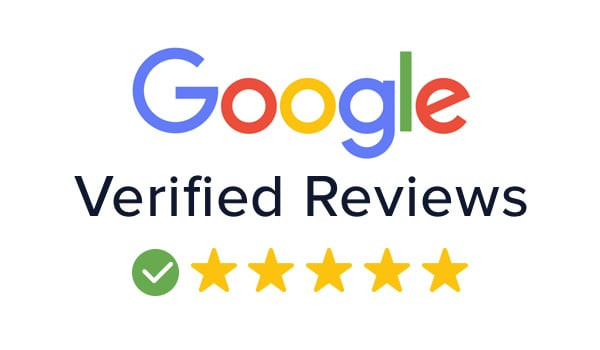Driving while intoxicated (DWI) is a common criminal offense that often doesn’t involve a victim. Drivers can get pulled over by law enforcement or caught up in a sobriety checkpoint and face charges despite not causing any sort of crash, property damage or harm to other people.
Facing DWI charges can be embarrassing, especially if you have any sort of professional career. You might think that pleading guilty right away will be the fastest and therefore least embarrassing way to manage a pending DWI charge in Texas.
However, while entering a guilty plea may help you avoid the embarrassment of court proceedings, it also will put you at risk for many potential negative consequences for your career.
DWIs look bad when you want a new job or promotion
It is relatively common for employers to do criminal background checks when hiring someone new or offering an existing employee a promotion with more authority for responsibility. That means that even if you avoid telling your employer about a DWI arrest, they can find out when they offer you a management job.
A DWI reflects questionable decision-making and hints at the possibility of a substance abuse issue. Employers may be reticent to promote or even employ someone with a criminal record.
A DWI could keep you off of company insurance
Even a personal DWI will prevent a commercial driver from continuing their job uninterrupted. However, you don’t have to have a CDL for driving to be part of your job. If you are a sales representative, recruiter or a service professional, you may have to drive your personal vehicle or a company fleet card as part of your job.
Companies have to provide insurance to those who drive their vehicles as part of their daily job duties. It could be cost-prohibitive to extend that insurance to someone with even a single DWI offense in their record.
Losing your license might mean attendance issues
Depending on the shift you work and how far your home is from your place of employment, losing your license even temporarily as a consequence of the DWI could mean not making it to work on time.
You may not be able to count on public transportation or ride-sharing services to get you where you need to go on time every day. Being late or calling infrequently can put a damper on your career advancement or even cost you your job.
Defending against the DWI will prevent it from going on your criminal record, limit the impact it has on your license and keep you eligible for affordable insurance.

